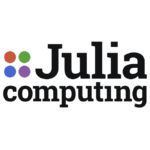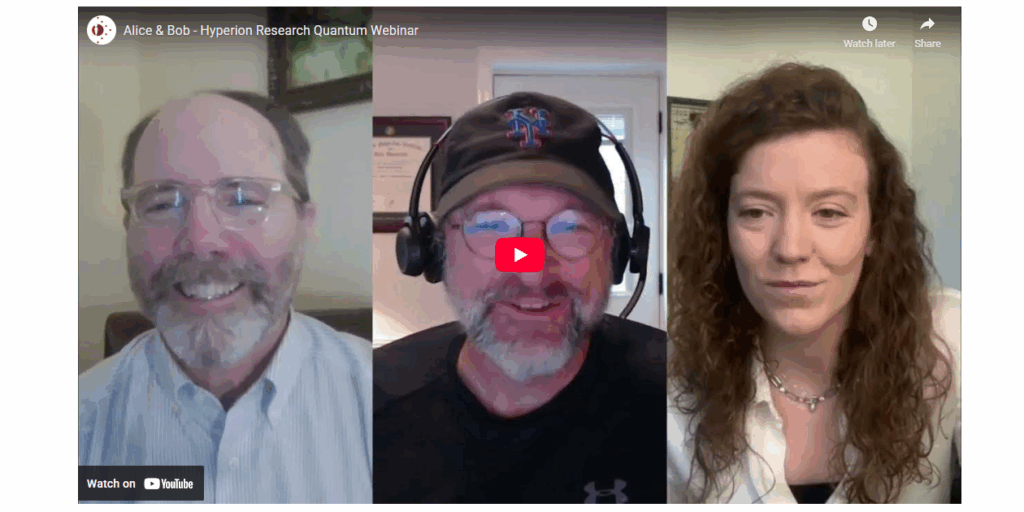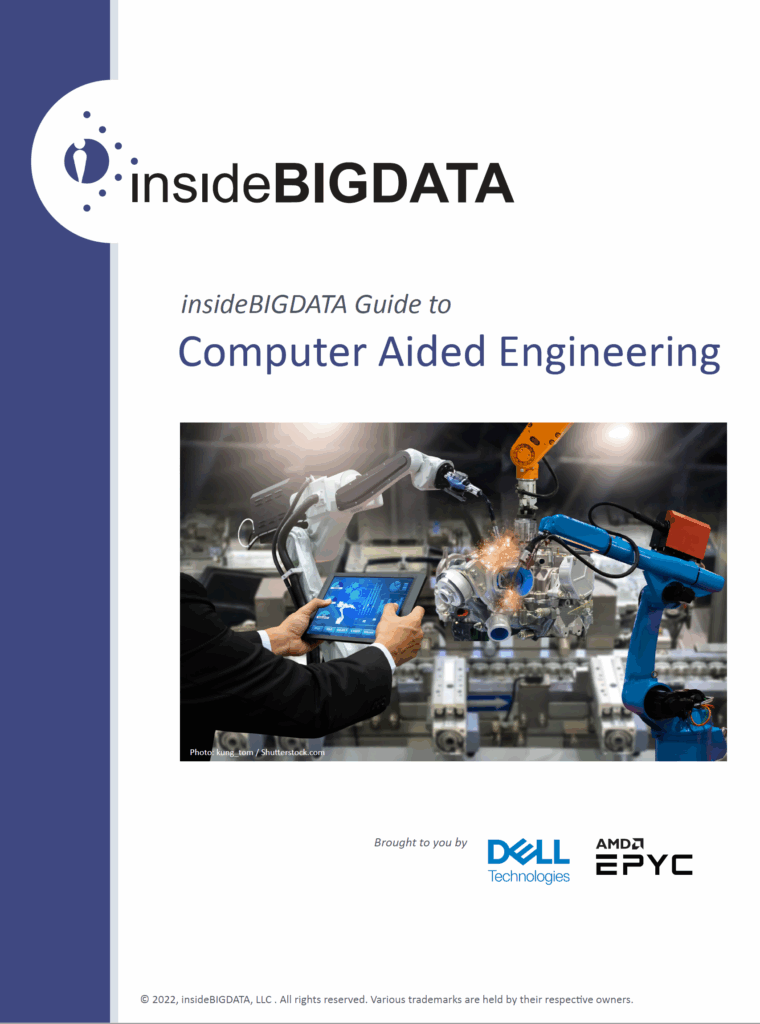In this special guest feature, Joe Landman from Scalability.org writes that the move to cloud-based HPC is having some unexpected effects on the industry. “When you purchase a cloud HPC product, you can achieve productivity in time scales measurable in hours to days, where previously weeks to months was common. It cannot be overstated how important this is.”
Julia Computing and GPU Acceleration
Julia is already well regarded for programming multicore CPUs and large parallel computing systems, but recent developments make the language suited for GPU computing as well. The performance possibilities of GPUs can be democratized by providing more high-level tools that are easy to use by a large community of applied mathematicians and machine learning programmers.
Julia Computing Chief Scientist Alan Edelman Wins Prestigious IEEE Sidney Fernbach Award
Alan Edelman, professor of applied mathematics at MIT, has been selected to receive the 2019 IEEE Sidney Fernbach Award. Edelman was cited for “for outstanding breakthroughs in high-performance computing, linear algebra, and computational science and for contributions to the Julia programming language. The award will be presented to Edelman at the SC19 awards plenary session on November 19 in Denver.
Julia 1.0 release Opens the Doors for a Connected World
Today Julia Computing announced the Julia 1.0 programming language release. As the first complete, reliable, stable and forward-compatible Julia release, version 1.0 is the fastest, simplest and most productive open-source programming language for scientific, numeric and mathematical computing. “During the last six and a half years, Julia has reached more than 2 million downloads and early adopters have already put Julia into production to power self-driving cars, robots, 3D printers and applications in precision medicine, augmented reality, genomics, energy trading, machine learning, financial risk management and space mission planning.”
RCE Podcast Looks at the Julia Language for Technical Computing
In this RCE Podcast, Brock Palen and Jeff Squyres speak with the creators of the Julia programming language for technical computing. “Julia is a high-level, high-performance dynamic programming language for technical computing, with syntax that is familiar to users of other technical computing environments. It provides a sophisticated compiler, distributed parallel execution, numerical accuracy, and an extensive mathematical function library. Julia’s Base library, largely written in Julia itself, also integrates mature, best-of-breed open source C and Fortran libraries for linear algebra, random number generation, signal processing, and string processing.”







